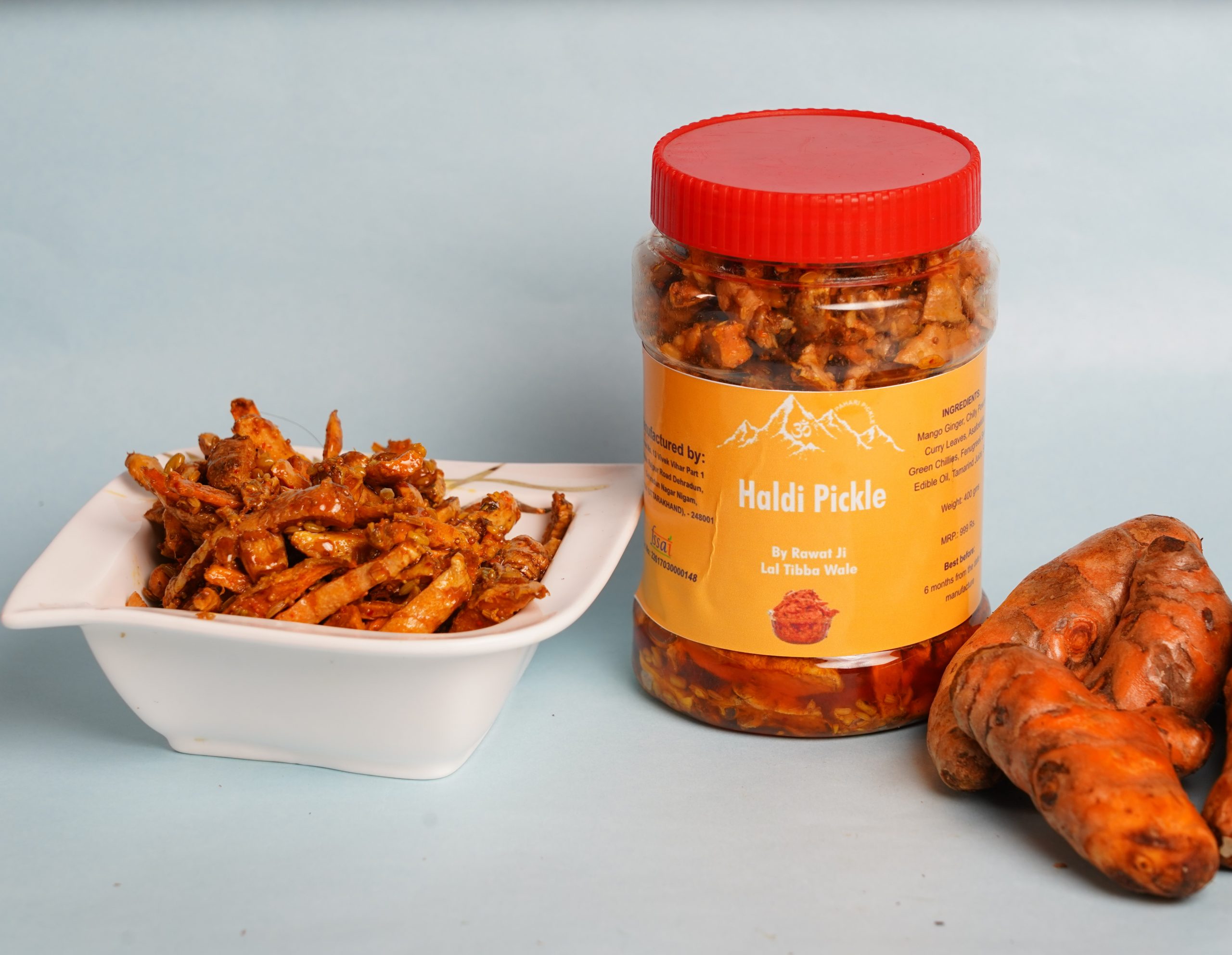
Intermittent fasting (IF) has taken the wellness world by storm, touted for its benefits in weight management, improved metabolic health, and even increased longevity. But where does Bulletproof coffee, a trending staple among coffee enthusiasts, fit into this picture? Let’s brew through the facts.
What is Bulletproof Coffee?
Bulletproof coffee is a concoction of coffee, MCT (medium-chain triglyceride) oil, and grass-fed butter or ghee. Created by Dave Asprey, it’s praised for its energy-boosting properties and ability to increase satiety.
The IF Conundrum
The central question for IF practitioners is whether Bulletproof coffee breaks the fast. Technically, since it contains significant calories (mainly from fats), it does break a traditional fast. However, it’s a bit more nuanced in the context of IF.
The Fasting Spectrum
- Traditional Fasting: Here, the goal is to abstain from all caloric intake. In this strict sense, Bulletproof coffee is a no-go.
- Fat Fasting: Some argue that since Bulletproof coffee is high in fats but low in carbs and protein, it maintains the body in a state of ketosis (burning fat for fuel), aligning with the objectives of certain types of IF.
Potential Benefits During IF
- Satiety: The high-fat content can curb hunger, making it easier to maintain longer fasting periods.
- Energy Boost: The caffeine and fats provide a sustained energy release, which can be beneficial during fasting.
- Mental Clarity: Many users report enhanced focus and mental clarity, possibly due to the combination of caffeine and MCT oil.
When to Drink Bulletproof Coffee in IF
Timing is crucial. If you’re practicing a fat fast or a more lenient IF approach, having Bulletproof coffee during your fasting window might work for you. However, for more traditional forms of IF, it’s best consumed during your eating window.
Precautions and Considerations
- Calorie Density: Be mindful of the high-calorie content, especially if weight loss is a goal.
- Cholesterol and Heart Health: The saturated fats from butter or ghee could be a concern for some, particularly those with heart health issues.
- Personal Tolerance: MCT oil can cause digestive upset in some individuals.
Conclusion
Bulletproof coffee in the context of intermittent fasting isn’t a one-size-fits-all answer. It depends on your IF goals, the specific method you’re following, and how your body responds to high-fat foods.
Over to You!
Have you tried Bulletproof coffee during your IF journey? What was your experience? Share your stories in the comments and let’s continue the conversation!
Join the Eatlo Community Today!
We’re excited to invite you to join us at Eatlo, a community of food enthusiasts where we share our love for all things culinary. From exploring the benefits of bulletproof coffee to discussing the latest diet trends like intermittent fasting, we cover it all.
Join us to share your own food experiences, learn from others, and discover new recipes and health tips. We can’t wait to welcome you to our community!











